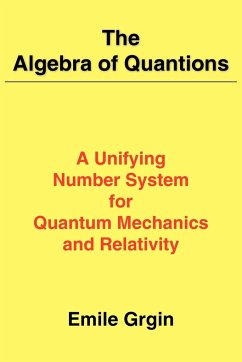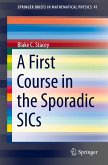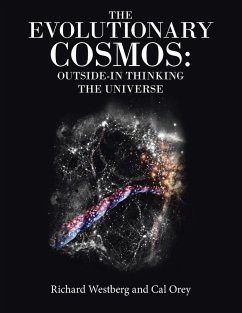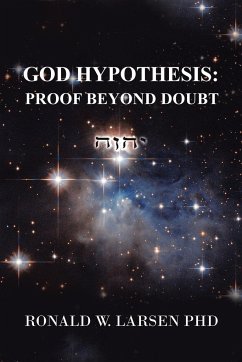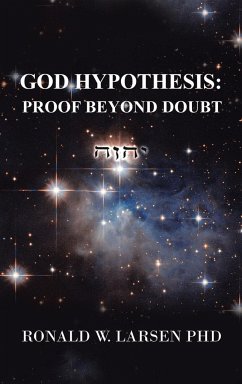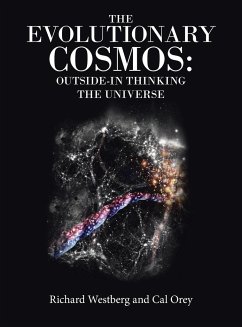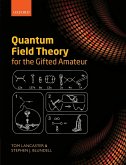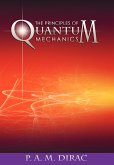Quantum mechanics and relativity have been in structural conflict for eighty years. This work shows that the incompatibility in question stems only from the assumption that their unification must be based on the field of complex numbers. Dropping this assumption, one can derive a simple mathematical structure which subsumes both theories as special cases. While the idea of generalizing the number system of quantum mechanics to make structural room for relativity is very old, no attempt has been successful in the past. The novelty brought out in the present work is based on a self-evident observation: there is no reason to expect the development of mathematics and physics to be synchronized in a manner that would keep the former forever one step ahead of the latter. More specifically, if a new number system seems to be needed in physics, there is no reason to believe that this system already belongs to our mathematical heritage. This observation changes the nature of the problem from 'finding' a unifying number system among the algebras already studied by mathematicians, to 'discovering' it ab initio from the requirement that it should lead to a structural merging of quantum mechanics and relativity. The solution, named "algebra of quantions", is derived in this book from several viewpoints, together with proofs of its mathematical uniqueness. Its physical relevance stems from the fact that the Standard Model depends less on observations if formulated over the quantions. This work is a philosophical and technical introduction to the algebra of quantions, to quantionic analysis, and to quantionic field equations.
Hinweis: Dieser Artikel kann nur an eine deutsche Lieferadresse ausgeliefert werden.
Hinweis: Dieser Artikel kann nur an eine deutsche Lieferadresse ausgeliefert werden.

